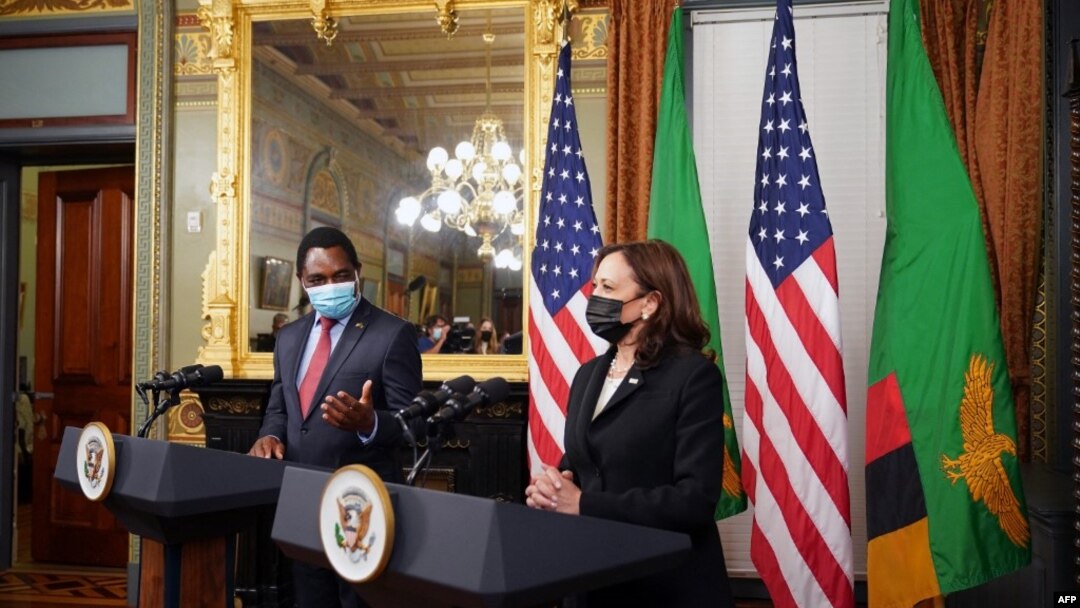The summit beginning next week in Washington will bring together 49 African heads of state, the Africa Union, civil society and young leaders to discuss pressing world issues and relations between the U.S. and Africa.
"We would like to see the American government commit itself to providing sustainable development - for instance, aimed at making sure that most countries are helped or assisted to head towards achieving the Sustainable Development Goals," Charity Musamba, development analyst at the University of Zambia, told VOA.
She says the summit should focus on alleviating poverty in Africa.
"…we already have an international framework to guide our partnership, and I think what it needs is to craft out exactly how we are going to be working together towards those needs."
Boniface Cheembe, a political analyst and executive director of the Southern African Center for the Constructive Resolution of Disputes, says the summit comes at a critical time when the world is embroiled in so many crises - from faltering economies to shrinking democratic space.
"We hope that [the summit] will continue to inspire and motivate those who want to remain on the democratic path which is very key in our view," Cheembe said.
"[That's] because it is only through democracy that you are able to peacefully be in a position to have a change of leadership, change of government and allow people to express themselves freely without fear or favor because fundamental human rights are guaranteed," he added.
Observers have noted the success of ongoing partnerships between the U.S. and Africa.
Over the past three years the U.S. government's Prosper Africa program has helped create more than 800 trade and investment deals across 45 African countries, worth an estimated $50 billion in exports and investments.
U.S. President Joe Biden's PREPARE Action Plan aims to help "climate proof" Africa's infrastructure, water, health and food systems.
This year’s summit, first hosted by U.S. President Barack Obama in 2014, is expected to prioritize initiatives in energy, financial services, climate change, food security and health care, while placing a greater emphasis on bilateral trade and investment.
Speaking during an online media briefing Wednesday, U.S. Senior Director for African Affairs at the State Department Judd Devermont said the U.S. believes strongly that African voices will be critical in creating strategic partnerships.
“The summit is a demonstration of our renewed commitment to the African continent,” Devermont said.
“It’s an opportunity for us to deepen our longstanding partnership and to focus on new areas and topics that will really define the challenges and opportunities of today and tomorrow,” he added.


